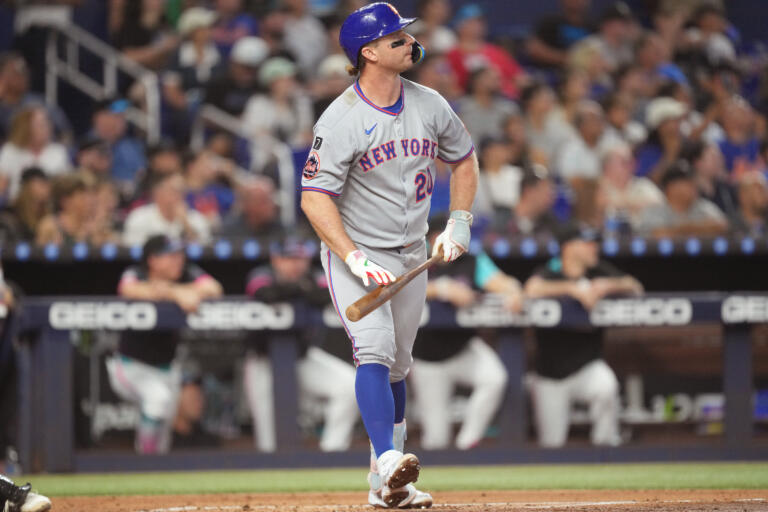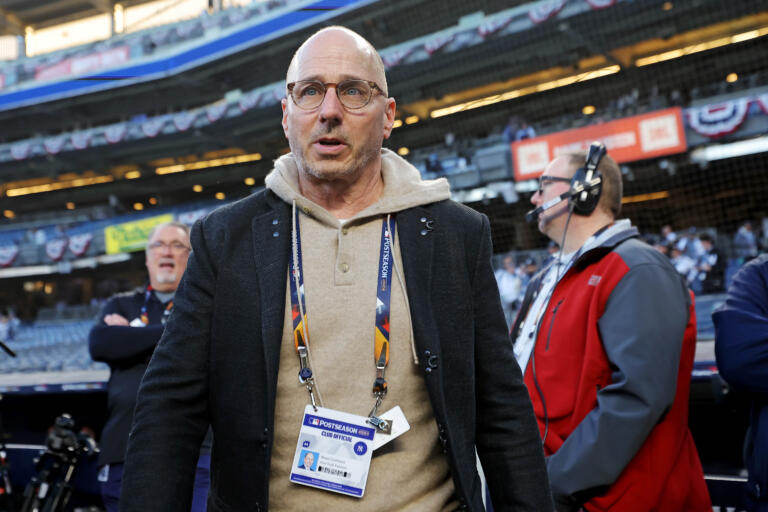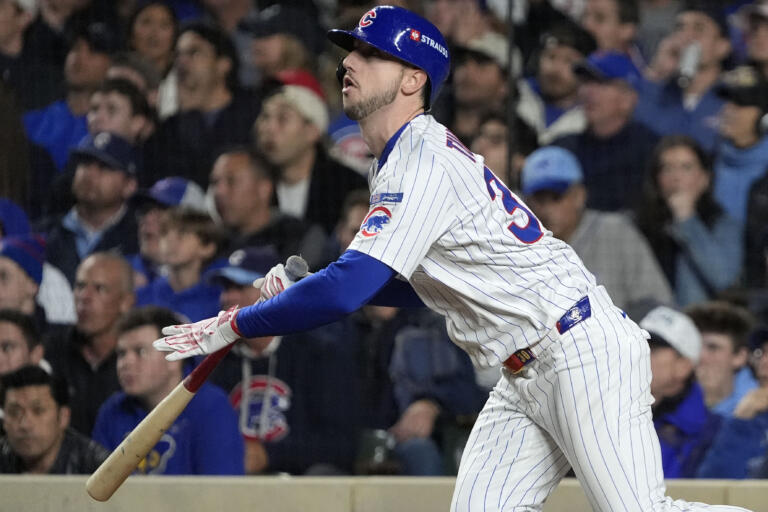
World War II affected baseball but didn’t put an end to it. In turn, the sport contributed to the war efforts in many ways, from boosting morale to adapting to wartime constraints. Read on to find out how the nation turned baseball into an effective tool for WW2.
Patriotic Symbolism

Baseball became a symbol of American fortitude during World War II. As the country was embroiled in war, baseball games were seen as a reflection of the nation’s spirit. The sport was often used in public campaigns and portrayed values like teamwork and perseverance.
Players Enlisting in the Military

Many MLB players enlisted in the military or other forms of service. These included Ted Williams, who served as a naval aviator, and Joe DiMaggio, a member of the U.S. Army Air Forces. Their service highlighted the intersection of sports and national duty.
Baseball and Military Morale
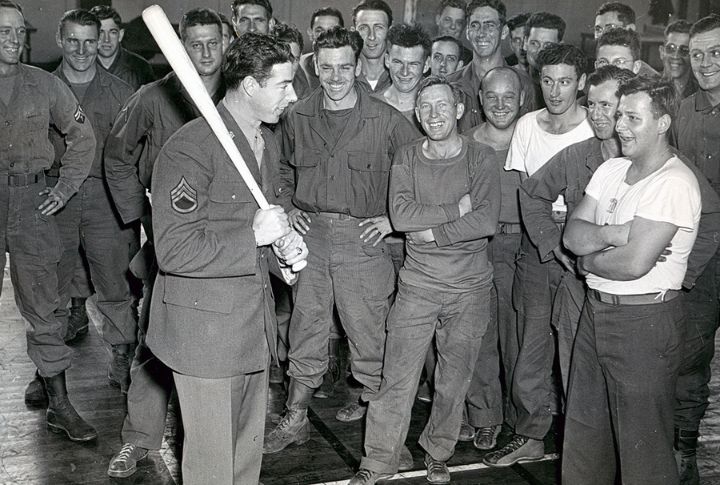
Baseball games were frequently used to boost the morale of soldiers and civilians. Exhibition games were held at military bases in the U.S. and abroad to entertain and encourage troops. Additionally, players visited hospitals and military installations for support and interaction.
The Decision to Keep Playing

When the U.S. joined World War II, MLB Commissioner Kenesaw Mountain Landis sought President Roosevelt’s approval to continue the season. Roosevelt supported the idea, stating that baseball would boost morale. As a result, the sport persisted through the war.
The Role of Baseball in Wartime Propaganda
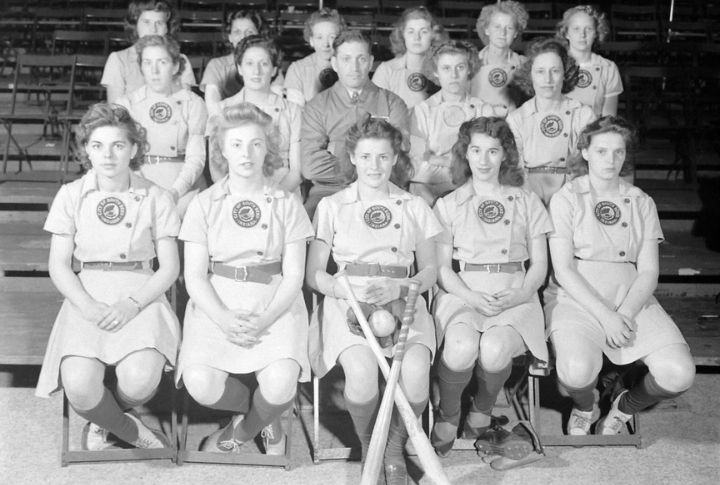
Baseball was used in wartime propaganda to promote national unity and support for the war effort. Posters, advertisements, and other materials featured baseball themes and imagery, linking the sport with patriotism to maintain public enthusiasm.
War Bond Drives
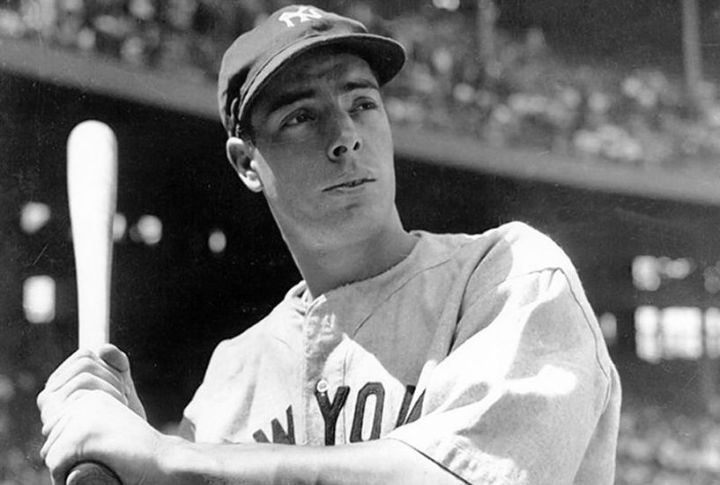
Major League Baseball (MLB) players were instrumental in promoting war bond drives, a critical component of the war effort. High-profile players like Joe DiMaggio and Ted Williams appeared at rallies and urged Americans to purchase war bonds, which were key in funding the war.
The All-American Girls Professional Baseball League (AAGPBL)
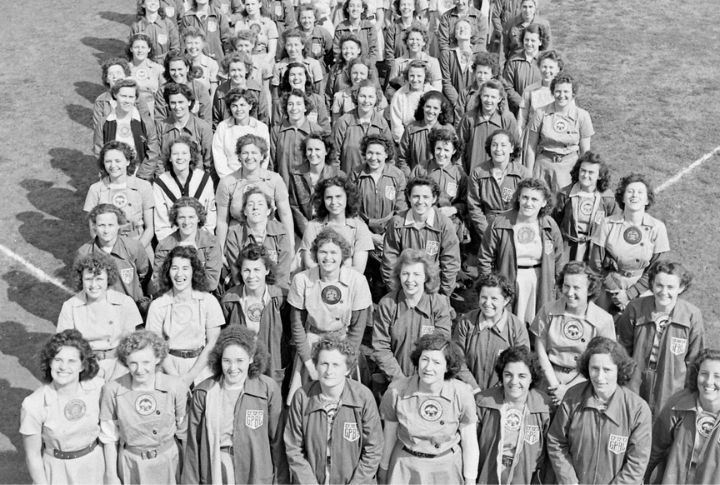
With many male players enlisted, the AAGPBL was founded in 1943 to keep baseball in the public eye. This league featured women athletes in professional roles that were previously men-only. It also helped maintain interest in baseball during the war years.
Integration of Minor League Players
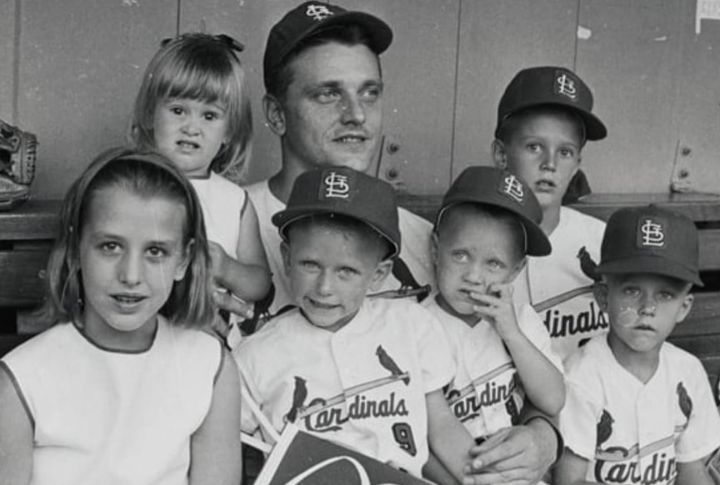
Since many major league players were in military service, minor league players stepped into the spotlight. Integrating them allowed for a broader range of talent, so many players who would not have had the chance to play in the majors were given their moment.
Impact on Game Quality
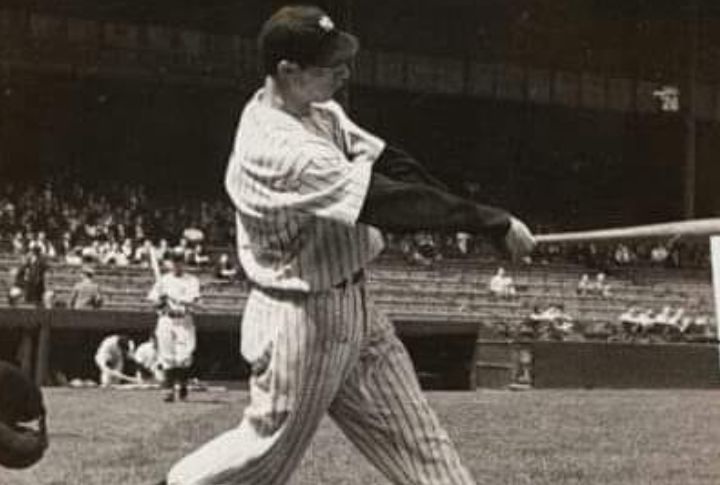
The war had a noticeable impact on team performance due to the absence of many star players. Teams had to rely on less experienced or substitute players, which led to fluctuations in the quality of play and team standings.
The Impact of Rationing
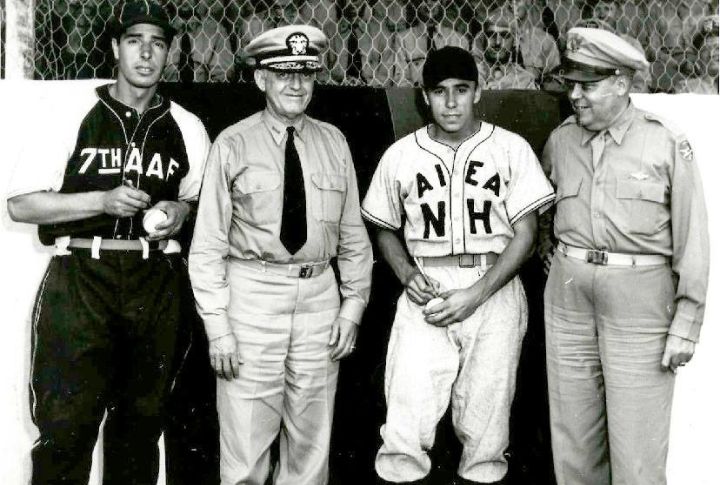
Significant rationing of production materials impacted baseball operations. Items like rubber and metal were scarce, affecting equipment availability and ballpark maintenance. They had to make do with less, using creative solutions to address shortages.
A Diplomatic Tool
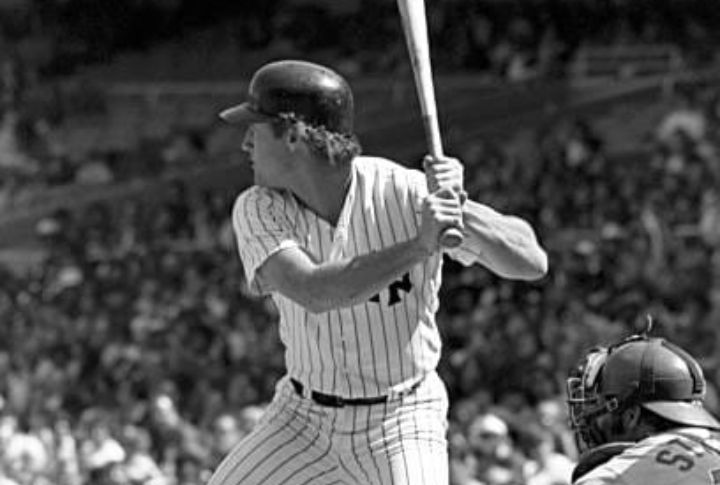
American service members introduced the game abroad to promote goodwill and foster international friendships. As baseball’s popularity spread, it helped break down cultural barriers and encouraged mutual understanding between the United States and other countries.
Baseball Radio Broadcasts
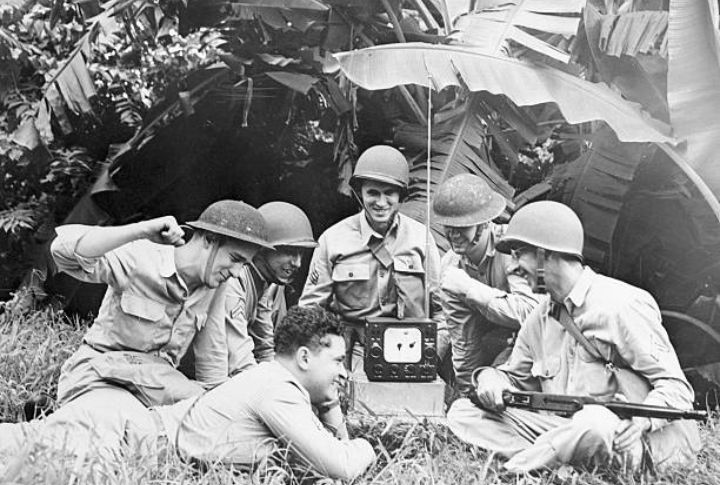
Radio broadcasts of baseball games became a vital source of entertainment and news for soldiers and civilians. They helped connect soldiers to their home countries and provided a sense of continuity.
The Influence of Baseball Films
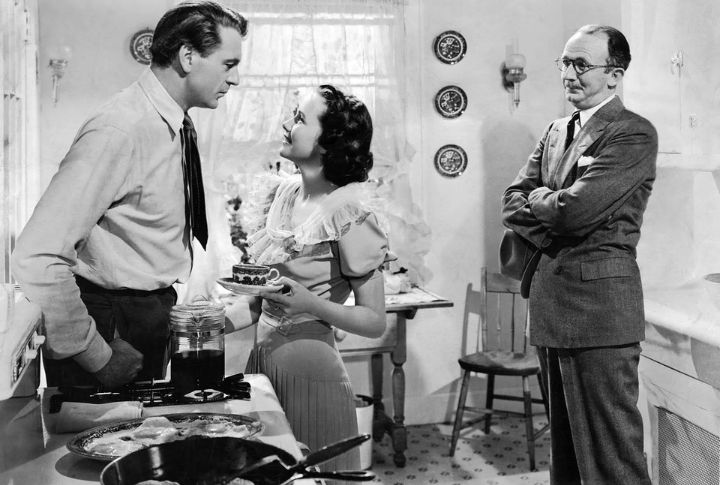
In addition to radio broadcasts, films about baseball were produced during World War II. Movies like “The Pride of the Yankees,” which portrayed the life of Lou Gehrig, became popular and reinforced the sport’s importance in American life.
Baseball’s Return to Normalcy
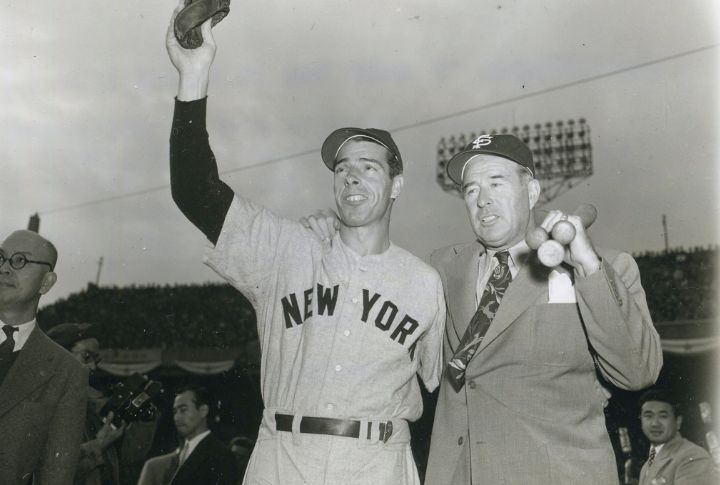
After the war ended, baseball played a role in the country’s transition back to peacetime. The sport offered a sense of continuity and stability as Americans returned to normal life. Also, major league players from military service were celebrated, symbolizing the restoration of normalcy.
Player Contracts and Salaries
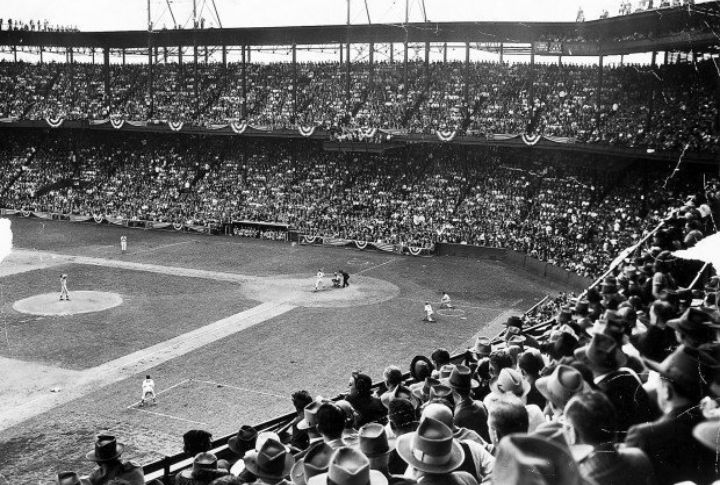
The wartime shortage of major league players led to player contracts and salary adjustments. Recruiting fresh talent from the minor leagues also affected negotiations and compensation. As a result, some players accepted lower salaries to fit the wartime context.




